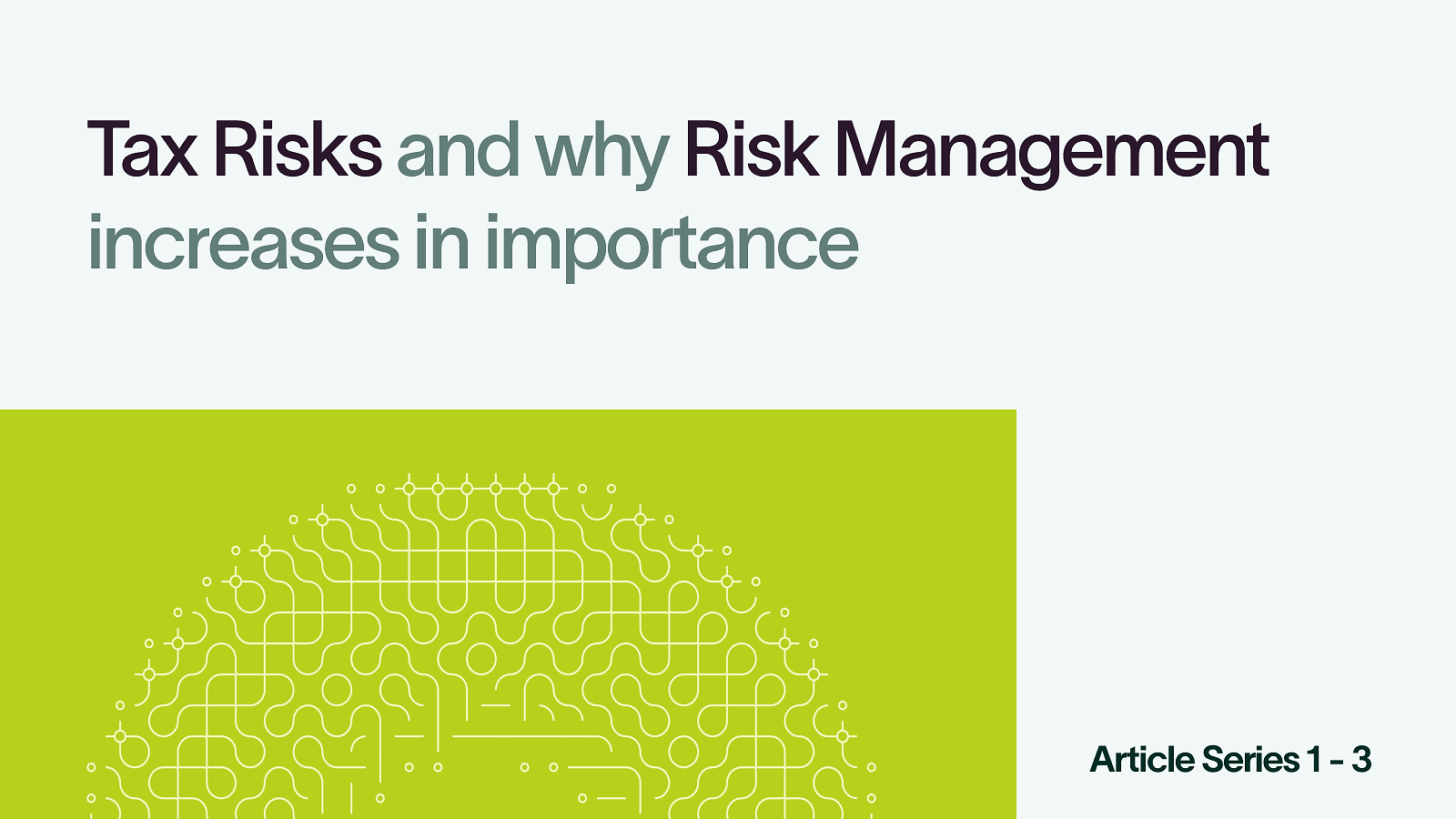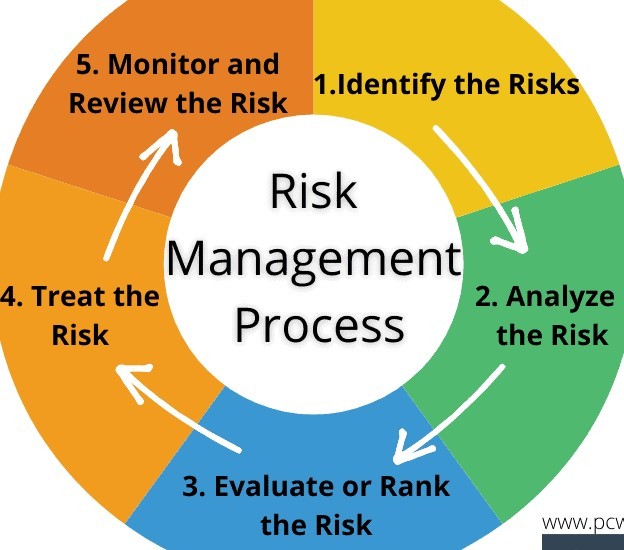Why Organizations Should Emphasize the Importance of Risk Management Now More Than Ever
Why Organizations Should Emphasize the Importance of Risk Management Now More Than Ever
Blog Article
The Crucial Relevance of Risk Management in Achieving Business Objectives
In the rapidly advancing business landscape, the capability to navigate unpredictability has come to be an important. This is where Risk Management steps in, giving a structured method to recognizing, assessing, and mitigating prospective obstacles to progress. It's greater than simply a safety measure - it's a critical tool, promoting strength and advancement. As we check out the critical duty of Risk Management in accomplishing organizational goals, one can not ask yourself yet assist: exactly how does this translate into real-world success?
Recognizing the Concept of Risk Management in Organization

The Essential Function of Risk Management in Strategic Preparation
Incorporating Risk Management into tactical preparation serves as a safeguard for organizations, anchoring their long-lasting strategies with a strong foundation of preparedness and resilience. It runs as the company's radar, discovering possible threats and vulnerabilities that can interrupt the course in the direction of attaining their stated objectives. Risk Management supplies a framework for preparing for uncertainties and devising suitable actions, making certain the organization's survival and success also despite hardship. By integrating Risk Management right into strategic preparation, companies can transform these uncertainties right into possibilities for development and advancement. This calculated interweaving of Risk Management promotes versatility, making organizations much more robust and enabling them to browse the ever-changing organization landscape with confidence. Subsequently, Risk Management becomes an essential tool in calculated planning, crucial in safeguarding sustainable success.

Techniques for Identifying, Assessing, and Focusing On Risks
The procedure begins with Risk identification, employing tools such as SWOT evaluation, which aids in determining potential dangers and possibilities. Next, Risk analysis is conducted to determine the prospective effect and possibility of each Risk. Risks are prioritized based on their prospective impact and chance, pop over to this site allowing companies to concentrate their resources on high-priority dangers.
Protecting Business Operations Through Effective Risk Management
In business landscape filled with uncertainties, reliable Risk Management plays a crucial duty in protecting best site organizational procedures. It works as a safety shield, mitigating the damaging impacts of prospective risks and making sure the smooth performance of all processes. By identifying and examining prospective threats, Risk Management enables companies to develop robust contingency plans. This precautionary approach aids in maintaining operational security, even when challenged with unexpected scenarios. Basically, Risk Management is the lifeline that keeps the organizational operations afloat in the middle of stormy waters. It ensures not just the survival however her explanation the sustainable growth of an organization, making it a crucial tool in attaining business purposes. Organizations must invest in extensive Risk Management techniques to protect their operations.

Converting Potential Hazards to Opportunities: The Power of Risk Management
A positive approach to run the risk of Management includes identifying, examining, and focusing on threats to create techniques that turn them into possible benefits. Hence, by leveraging the power of Risk Management, organizations can not only secure their operations yet likewise stimulate growth and accomplish their goals in an unpredictable company setting.
Case Researches: Success Stories of Risk Management Driving Service Objectives
Effective execution of Risk Management approaches has actually produced impressive lead to different businesses, highlighting the values of this approach. Multinational companies like Microsoft and Google, for example, have leveraged Risk Management to lessen risks and exploit chances, driving their organization purposes ahead. Microsoft's aggressive Risk Management strategy aided it pivot quickly during the 2020 pandemic, transitioning to remote job efficiently, thus maintaining productivity. Google, by assessing and mitigating potential threats in its cloud-based solutions, has made sure undisturbed service, therefore strengthening client trust. These instances show just how successful Risk Management can not just guide services free from possible pitfalls however additionally lead them in the direction of their strategic goals. Hence, Risk Management is important to the search of business objectives.
Conclusion
In final thought, Risk Management is essentially vital in achieving business goals. It provides a methodical approach to determining, evaluating, and resolving potential risks and opportunities. Greater than simply mitigating dangers, it also fosters development, strength, and lasting development. By integrating Risk Management into critical preparation, services can better navigate unpredictabilities, safeguard procedures, and capitalise on opportunities, thus aligning with long-term objectives.
At its core, Risk Management is the process of determining, evaluating, and addressing possible threats that can adversely affect an organization's operations or purposes. Next off, Risk analysis is performed to ascertain the prospective effect and possibility of each Risk. Risks are focused on based on their possible impact and chance, enabling organizations to focus their resources on critical risks. By recognizing and evaluating possible risks, Risk Management enables companies to develop robust backup plans. A proactive technique to run the risk of Management involves determining, analyzing, and focusing on risks to create approaches that turn them into possible benefits.
Report this page